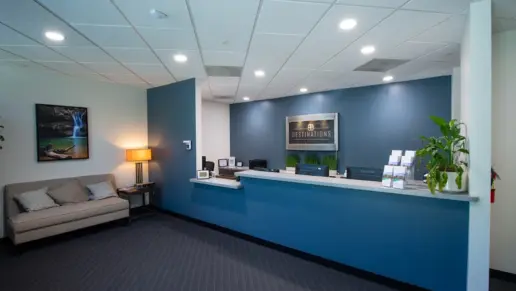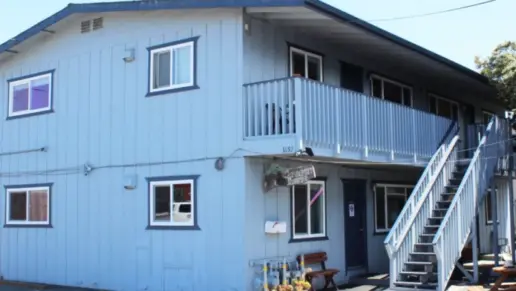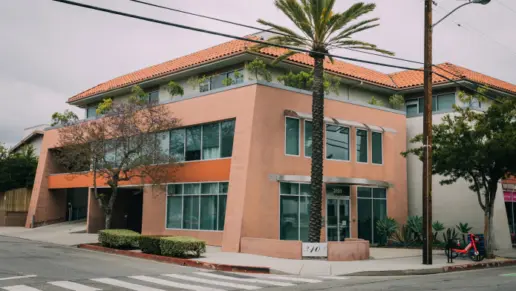About Beit T’Shuvah
Beit T’Shuvah’s offers hope to those wrestling with substance use disorders by providing integrated care in a community setting. This facility is located in Los Angeles, California. They deliver an individualized and ‘whole person’ treatment rooted in the spiritual principles of Judaism, authenticity and transparency.
Their accreditation by the Joint Commission validates their commitment to quality care delivery. Their core services encompass intervention, residential treatment and family programming. They also offer jail diversion services.
Their intervention services provide guidance and support to help individuals and families address substance use issues and encourage entry into treatment. This service may involve assessment and consultation with family and friends to determine the best treatment options. It may even include developing a detailed family history, crafting a treatment plan and providing education on how addiction affects family dynamics. They use various intervention models to foster authentic soul connection, hope and compassion.
Their residential recovery program involves three phases. The first phase serves residents in their first three months of recovery. This phase focuses on safety, self care and healthy relationships. You’ll live in the house and participate in all programming as an integral community member. You’ll receive individual, group and spiritual counseling as well as therapeutic support. Psychiatric care is provided as needed for those requiring mental health support during treatment. This is especially the case for clients with co-occurring disorders.
The recovery team will also introduce you to 12 step support groups like AA or NA. Additionally, you’ll attend Shabbat and Holidays. This makes sense since the program is grounded in Judaism. Extended care is provided for six months following the first phase as you transition back into the community. The last phase involves aftercare support provided upon leaving the residents.
You can stay connected with the vibrant and thriving Jewish communities through Shabbat for ongoing support. You can also take advantage of their work therapy internship and externship programs to gain valuable work experience that will benefit you in future employment.
The family program at Beit T’ Shuvah involves family education, process groups, mentoring, and immersion. Their jail diversion services help substance use offenders avoid incarceration by offering treatment and support programs as alternatives to jail time. Comments from past clients reflect a positive experience and outstanding quality of care.
Facility Overview
Latest Reviews
Rehab Score
Gallery
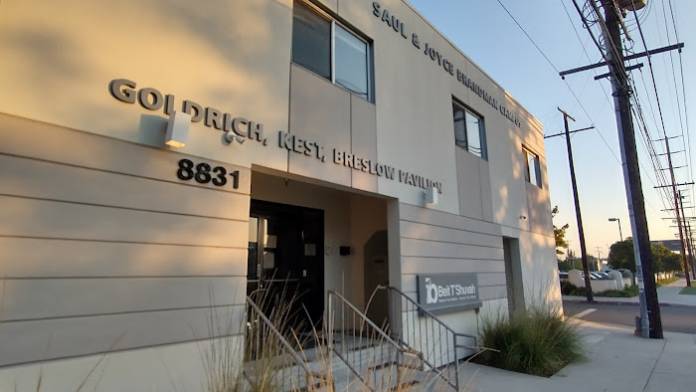
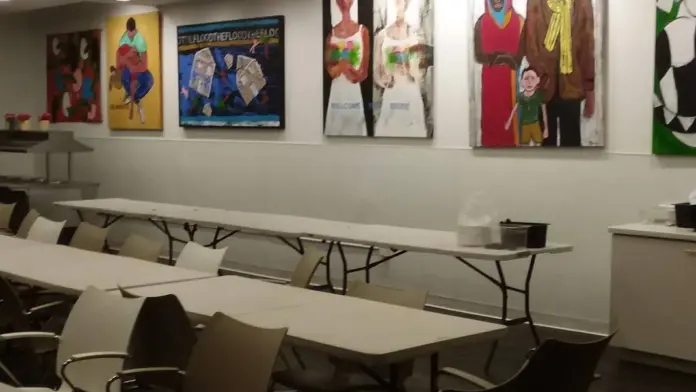
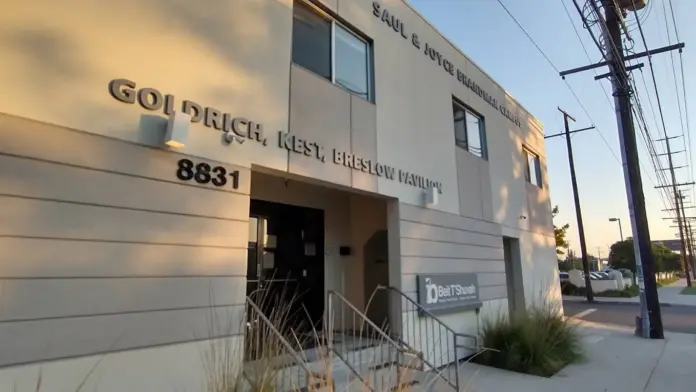
Location
Accepted Insurance
Other Forms of Payment
Private insurance refers to any kind of healthcare coverage that isn't from the state or federal government. This includes individual and family plans offered by an employer or purchased from the Insurance Marketplace. Every plan will have different requirements and out of pocket costs so be sure to get the full details before you start treatment.
Self-pay involves paying for treatment out of your own pocket. You can use savings or credit, get a personal loan, or receive help from family and friends to fund your treatment. If you don't have insurance or your insurance plan doesn't cover a specific program, self-pay can help ensure you still get the care you need.
Addiction Treatments
Levels of Care
Treatments
The goal of treatment for alcoholism is abstinence. Those with poor social support, poor motivation, or psychiatric disorders tend to relapse within a few years of treatment. For these people, success is measured by longer periods of abstinence, reduced use of alcohol, better health, and improved social functioning. Recovery and Maintenance are usually based on 12 step programs and AA meetings.
Drug rehab in California teaches participants constructive ways to stay clean and sober. Treatment revolves around helping individuals stop using the substance they are addicted to and learn healthy habits to avoid relapse.
Many of those suffering from addiction also suffer from mental or emotional illnesses like schizophrenia, bipolar disorder, depression, or anxiety disorders. Rehab and other substance abuse facilities treating those with a dual diagnosis or co-occurring disorder administer psychiatric treatment to address the person's mental health issue in addition to drug and alcohol rehabilitation.
A combined mental health and substance abuse rehab has the staff and resources available to handle individuals with both mental health and substance abuse issues. It can be challenging to determine where a specific symptom stems from (a mental health issue or an issue related to substance abuse), so mental health and substance abuse professionals are helpful in detangling symptoms and keeping treatment on track.
Opioid rehabs specialize in supporting those recovering from opioid addiction. They treat those suffering from addiction to illegal opioids like heroin, as well as prescription drugs like oxycodone. These centers typically combine both physical as well as mental and emotional support to help stop addiction. Physical support often includes medical detox and subsequent medical support (including medication), and mental support includes in-depth therapy to address the underlying causes of addiction.
Programs


Clinical Services
Cognitive behavioral therapy in California is a method that therapists often use for the effective treatment of substance use disorders. It is based on the principle that substance abuse stems from unhelpful ways of thinking and patterns of behavior, which can be changed by helping the individual learn better ways of coping.
While participating in dialectical behavior therapy in California, you'll focus on four key areas of skill development: mindfulness, interpersonal effectiveness, emotion regulation, and distress tolerance. Treatment includes weekly individual and group sessions.
Group therapy is any therapeutic work that happens in a group (not one-on-one). There are a number of different group therapy modalities, including support groups, experiential therapy, psycho-education, and more. Group therapy involves treatment as well as processing interaction between group members.
Individual therapy for drug addiction includes a customized treatment plan that considers your history and life circumstances. During your therapy sessions, the therapist helps you uncover underlying issues and triggers for addictive behavior that support a holistic approach to recovery.
Trauma therapy addresses traumatic incidents from a client's past that are likely affecting their present-day experience. Trauma is often one of the primary triggers and potential causes of addiction, and can stem from child sexual abuse, domestic violence, having a parent with a mental illness, losing one or both parents at a young age, teenage or adult sexual assault, or any number of other factors. The purpose of trauma therapy is to allow a patient to process trauma and move through and past it, with the help of trained and compassionate mental health professionals.
The Family Program understands that addiction affects the entire family. Dedicated to providing emotional and spiritual healing, this program guides each family through the process of recovery at Beit T'Shuvah. The Family Program offers comprehensive family treatment including: family support groups, family education groups, multi-family process groups, out of town family immersion weekends, a parents focused Al-Anon group, individual family therapy, as well as consultation and intervention services for families and individuals in crisis.
While in rehab treatment, you may work on developing various life skills to help you in long term recovery. These may include resilience, interpersonal skills, and self awareness. The focus will be on developing healthy habits for self care and relationships so you have the skills you need to manage day to day life.
Recreational therapy is included in alcohol and drug addiction treatment to focus on engaging you in healthy activities that reduce your cravings and improve your overall health and well being. When you participate in group sports, art, or nature walks, you develop new interests and find a meaningful way to spend your time and reduce your cravings.
Amenities
-
Gym
-
Yoga Studio
-
Residential Setting
-
Private Rooms
Staff & Accreditations
Staff
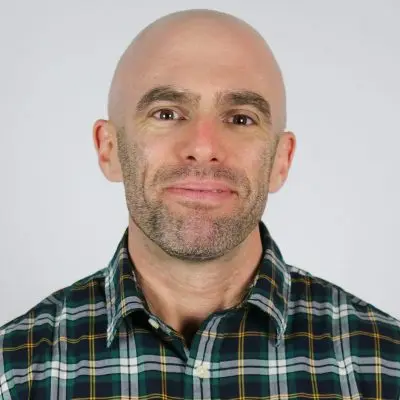
Executive Director
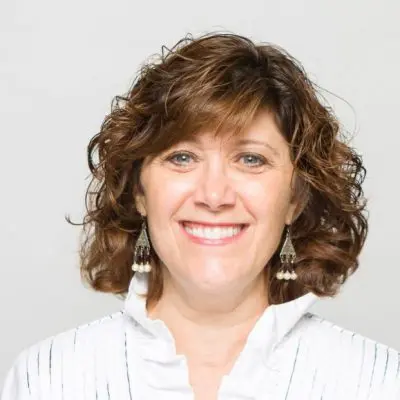
CFO
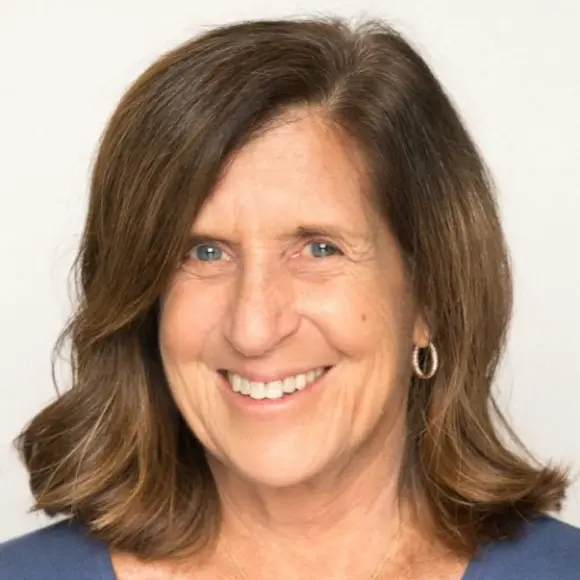
Human Resources Director
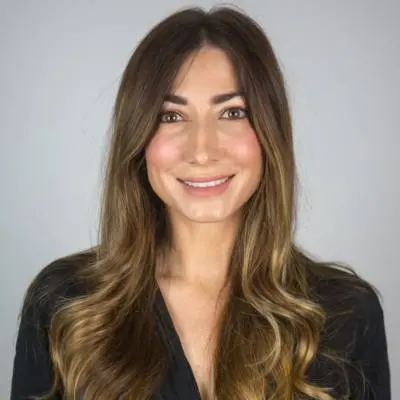
Development Director
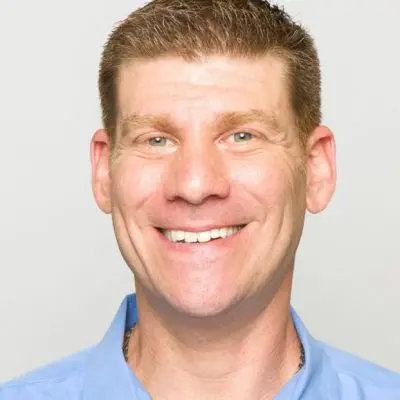
Director of Spiritual Care & Programming

Operations Director
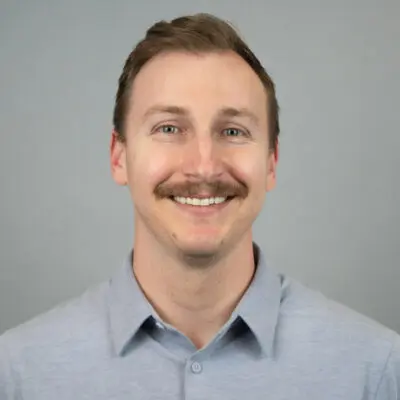
Director of Clinical Services
Accreditations

The Joint Commission, formerly known as JCAHO, is a nonprofit organization that accredits rehab organizations and programs. Founded in 1951, the Joint Commision's mission is to improve the quality of patient care and demonstrating the quality of patient care.
Joint Commission Accreditation: Yes
Contact Information
8831 Venice Boulevard
Los Angeles, CA 90034



